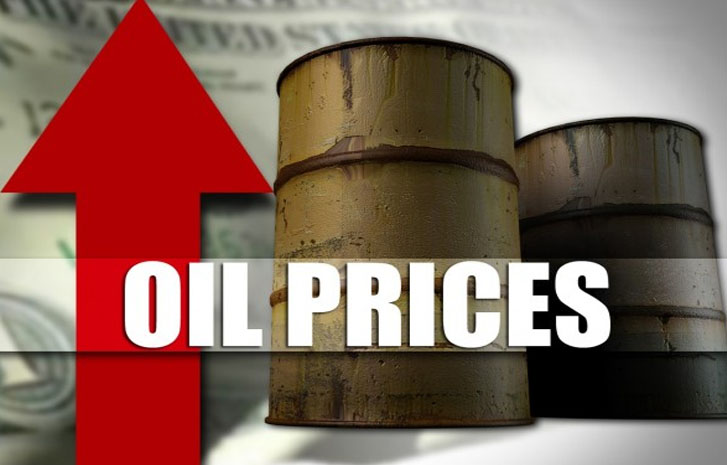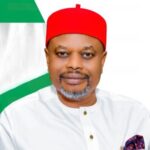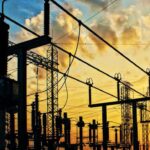Successive Nigerian governments over the years have always considered economic diversification with all formal and informal action plans, but with little impacts on the overall economy. Regrettably, the government has not been matching words with actions even now that Nigeria’s revenue from the so-called oil sector is tragically embattled in a nose dive rate. The incidences of price shock on the crude oil in the international market depict a seemingly inexorable drift into a revenue challenge for the Nigerian State. Interestingly, the Nigerian State is struggling to get its revenues improved just as Nigerians contend with cost-push inflation leading to skyrocketing food prices, transportation, fuel, rents and service charges. The current economic reality of present-day Nigeria is that of widespread poverty, unemployment and underemployment. To say the least, contemporary trajectories and dynamics of crimes and criminality in Nigeria reveal that the poor state of the economy has a lot to do with the aforementioned challenges.
On Sunday, 22nd of May, 2021, the National Bureau of Statistics (NBS) released the Gross Domestic Product report for the first quarter of 2021. According to the statistics bureau in the report, Nigeria’s Gross Domestic Product (GDP) grew by 0.51% (year-on-year) in real terms in the first quarter of 2021, marking two consecutive quarters of growth following the negative growth rates recorded in the second and third quarters of 2020.
- Experts warn of anarchy as IPOB locks down South-East
- Abductors of Jangebe schoolgirls behind Tegina students’ kidnap
The Bureau also noted that the “growth in the non-oil sector was driven mainly by the non-oil sector that includes Information and Communication (Telecommunication), Agriculture (Crop Production); Manufacturing (Food, Beverage & Tobacco); Real Estate; Construction and Human Health & Social Services.
Convincingly, the non-oil sector accounted for 90.75% of aggregate GDP in the first quarter of 2021, higher than its share in the first quarter of 2020 which was 90.50%, but lower than 94.13% recorded in the fourth quarter of 2020. Agriculture grew at 2.28% y/y in Q1 2021, which is close to its trend growth rate, but lower than the 3.42% y/y recorded in Q4 2020. Trade contracted at 2.43% y/y in Q1 2021, but this is better than the 3.20% y/y/ contraction in Q4 2020.
Furthermore, the NBS stated that the Q1 2021 growth rate was slower than the 1.87 per cent growth rate recorded in Q1 2020 but higher than 0.11 per cent recorded in Q4 2020, indicative of a slow, but continuous recovery. Nevertheless, quarter on quarter, real GDP grew at -13.93 per cent in Q1 2021 compared to Q4 2020, reflecting a generally slower pace of economic activities at the start of the year.
From the GDP Q1 2021 data, it shows that if more effort is channelled towards non-oil revenue, we will be able to get maximum returns. The country needs to start shifting to the non-oil sector in line with national aspirations to diversify its economy.
Moreso, we must strive to reduce our dependence on oil for the overall national revenue as it stands today. Nigeria presently is facing a decline in oil revenues and we must move away from the monoculture economy. It is a wake-up call for the Nigerian state to do the needful. Because there are ominous signs of unsustainability or heavily depending on the crude oil dollar revenue, the national assembly and state houses of assembly should task themselves on this imperative national economic agenda. Critically, the principal practical solution that flows from economic diversification must go beyond policy statement and rhetoric coming from government officials, conferences and summits. Arguably, it is important and a requirement that economic diversification must be gender-sensitive and inclusive.
Adefolarin A. Olamilekan is a political economist and development researcher and can be reached at: [email protected]

 Join Daily Trust WhatsApp Community For Quick Access To News and Happenings Around You.
Join Daily Trust WhatsApp Community For Quick Access To News and Happenings Around You.


